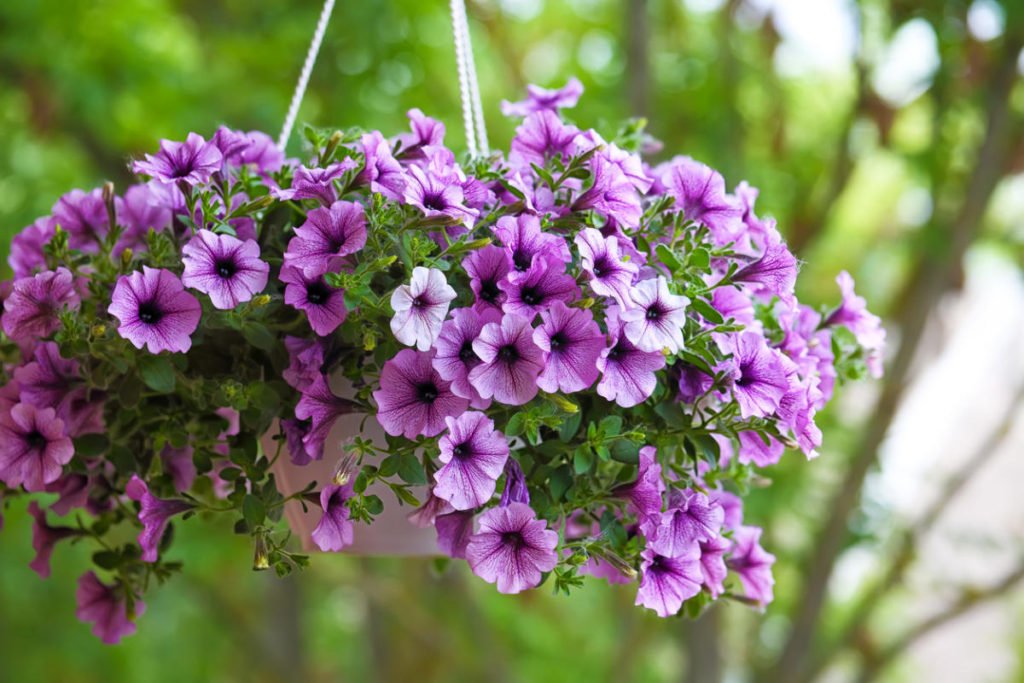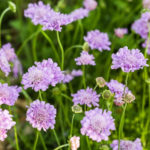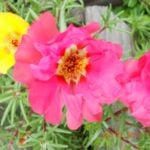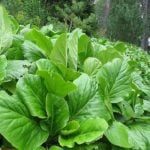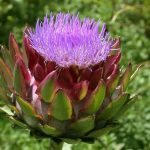Flower fashion is moving forward, and increasingly gardeners decorate gazebos, verandas, pergolas hanging baskets with Ampel Nye plantss. Even if you do not have a cottage, you can put them in balcony boxes or place on the windowsill. Ampel Nye plants will help to decorate a boring wall of the house, to revive a window or an entrance, to create mood of a holiday on a terrace or in a courtyard.
Ampel Nye plants-a decorative species with long curly up or creeping on the ground shoots grown in hanging pots, planters, pots, baskets. Today, as Ampel Nye plants are increasingly grown even some species of shrubs.
Types of Ampel Nye plants
Petunia
It can rightly be called the “Queen” among all AmpelNye plants. A rare gardener does not plant it on his site.

Flower growers love Petunia for a wide variety of colors, relative unpretentiousness and long flowering — from early spring to late autumn. Even if you completely dry the plant, just watering it over carefully, and Petunia will once again delight you with blooms. Prefers fertile slightly acidic soil, place it better in a warm, well-lit place.
Surfinia
Because of the extraordinary similarity of the Petunia is often called Ampel Nye petunias.
It should be noted that if you see a very thick multicolored Bush of Petunia, you know — it is surfinia. Subject to all conditions of content of surfinia it is able to reach 100 cm in length.

Geranium
Until Petunia was not as popular on the throne of the “Queen” basket plant was geranium.

Even in the old days, our mothers and grandmothers decorated her balconies, gazebos, garden plots. Even today it is very popular due to the decorative bloom, drought resistance and anti-bacterial properties. Geranium – sun-loving. Prefers loamy soil and moderate watering.
Begonia
It is undemanding plant that is not less than petunias and geraniums a favorite with all gardeners.
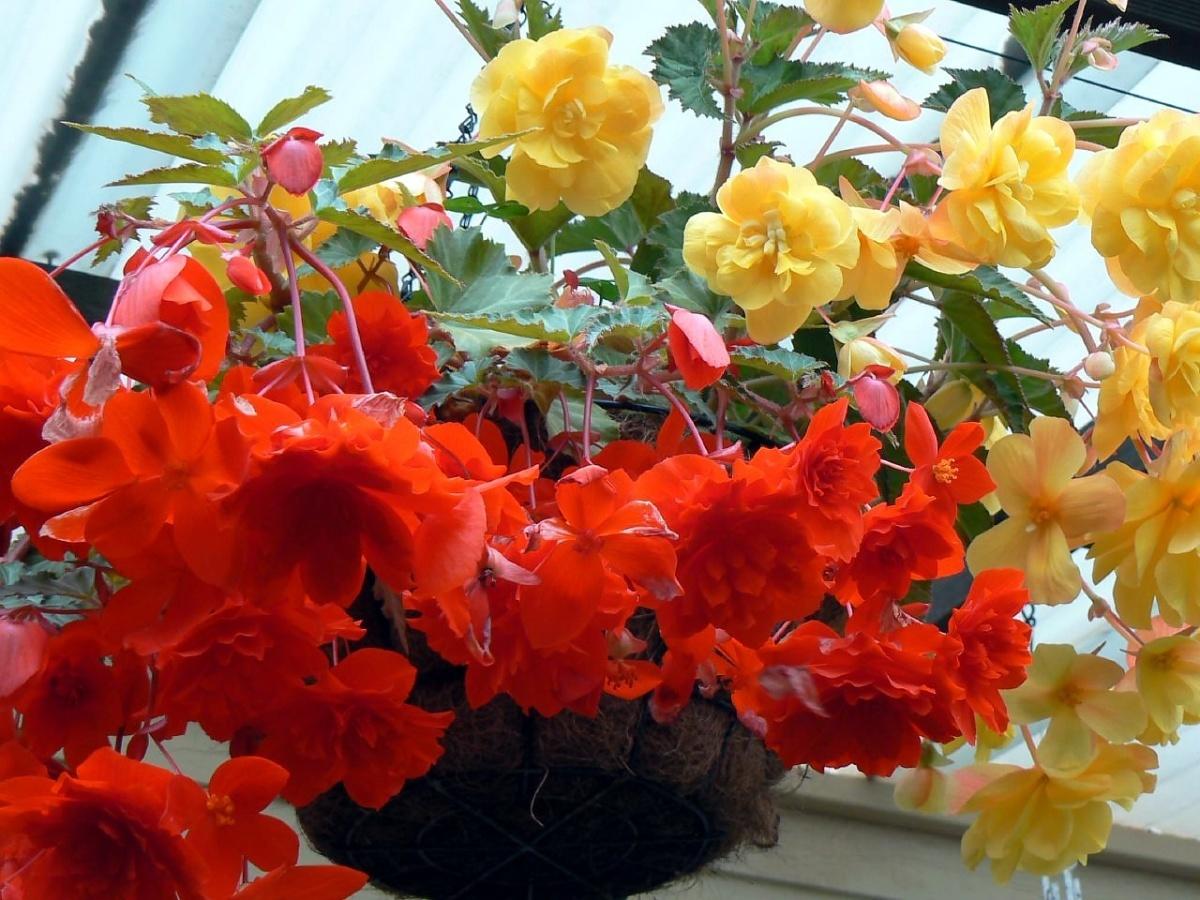
However, it should be noted that begonia loves the sun, and in partial shade and shade loses decorative properties. She likes light slightly acidic, humus-rich soil.
Lobelia
This AmpelNye plants feels great in the sun and in partial shade.
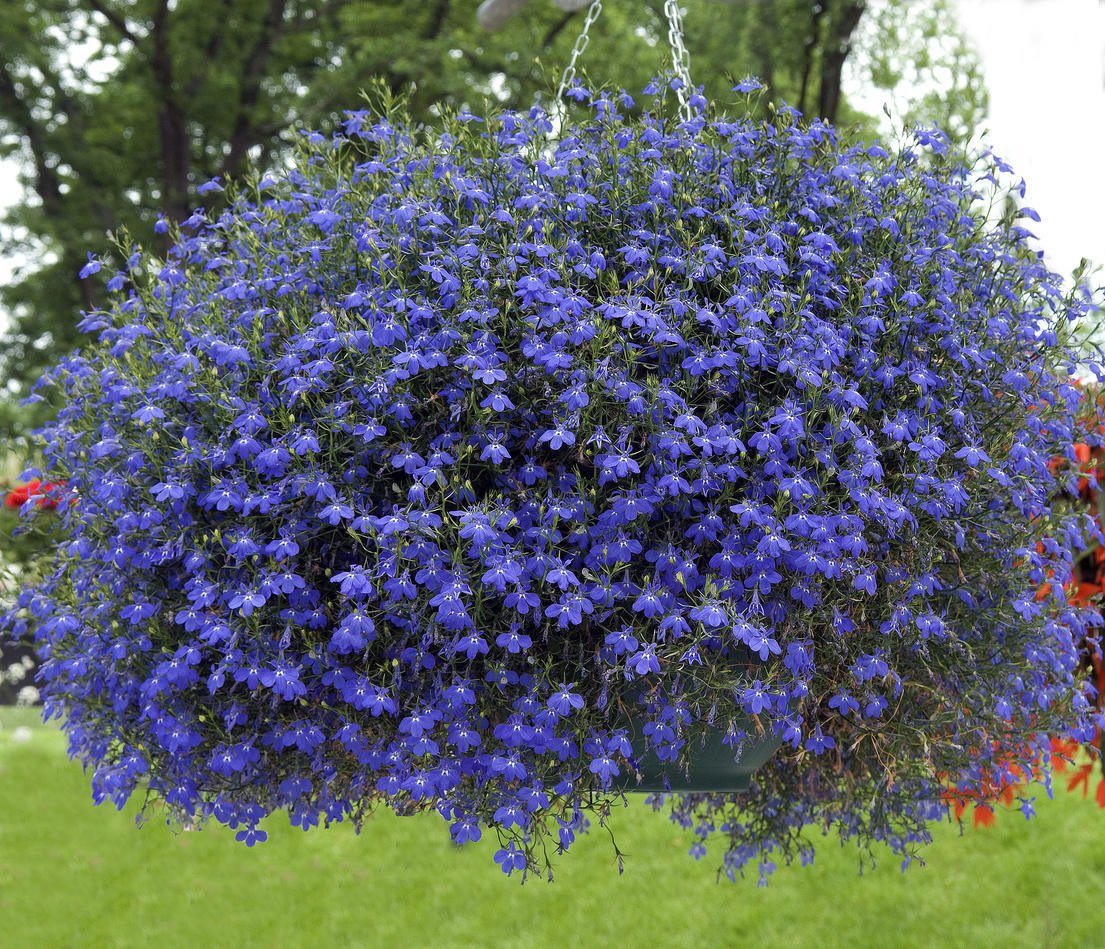
Prefers always moist soil rich in humus. In addition to the annual, there is a long-term Lobelia, requiring careful shelter for the winter.
Verbena
It is undemanding Ampel Nye plants. Growers love vervain for long flowering-from early spring to autumn.

It prefers loose, well-fertilized soil, as well as Sunny places. Does not tolerate fertilizers with large amounts of nitrogen.
Diascia
Likes sun and a light sandy soil.
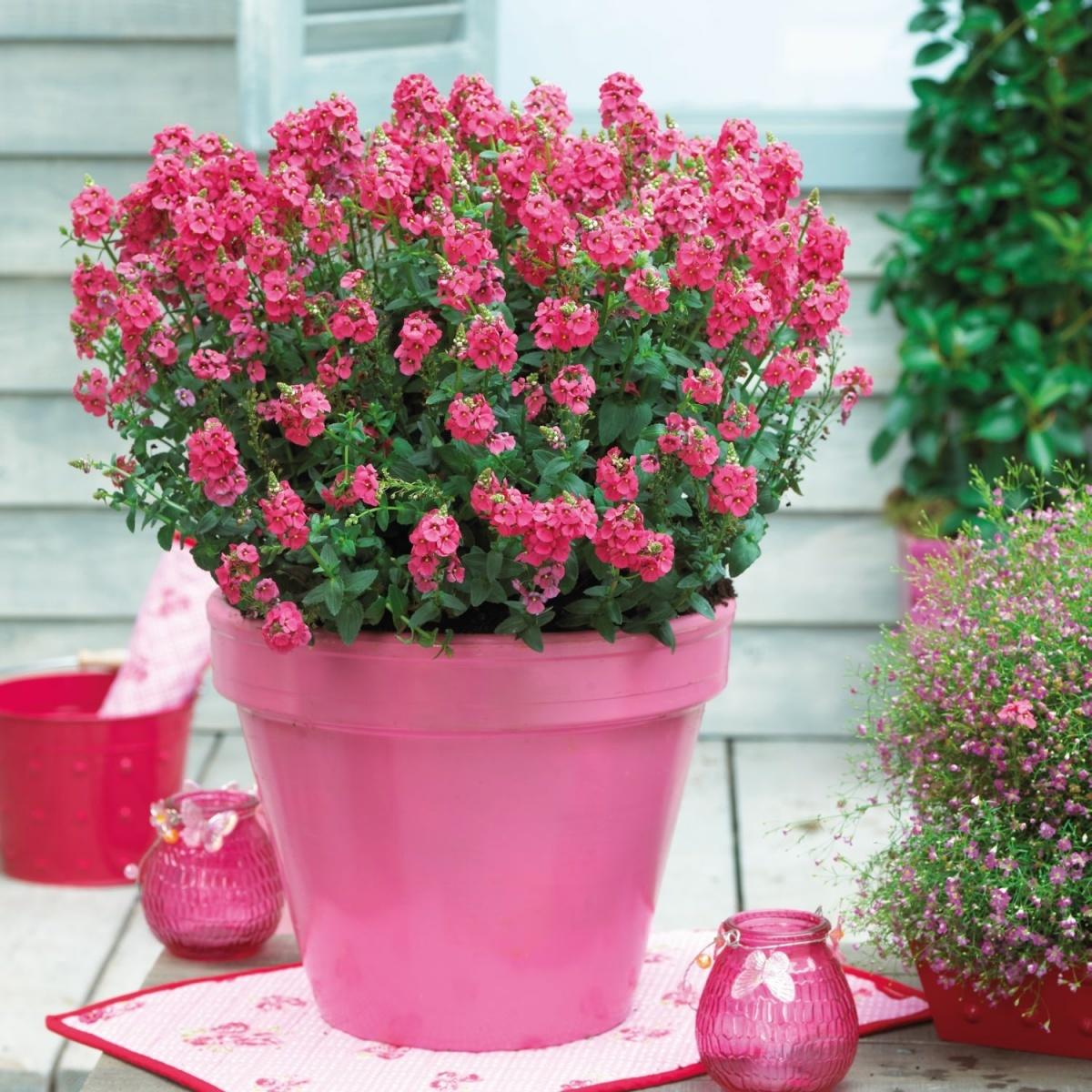
She, like verbena, does not tolerate excess nitrogen. In hot, dry summers, the Diascia requires abundant watering.
Dichondra
Decorative-deciduous AmpelNye plants. It is also called the “silvery” waterfall.

Looks great in combination with other plants in hanging pots and baskets. Likes partial shade or Sunny places, prefers loamy soil.
Bacopa
A perennial plant, but it is often used as an annual.

Bacopa homeland — South America. As long as it’s warm outside, it’ll bloom. Likes Sunny places or partial shade, does not tolerate waterlogging and drying of the soil.
Nolana paradox
Nolana is relatively unpretentious and drought resistant.

Blooms lilac or blue flowers. Shoots of plants are able to reach two feet. To place it, choose a place protected from the winds.
Scaevola aemula
Valued for very abundant flowering.
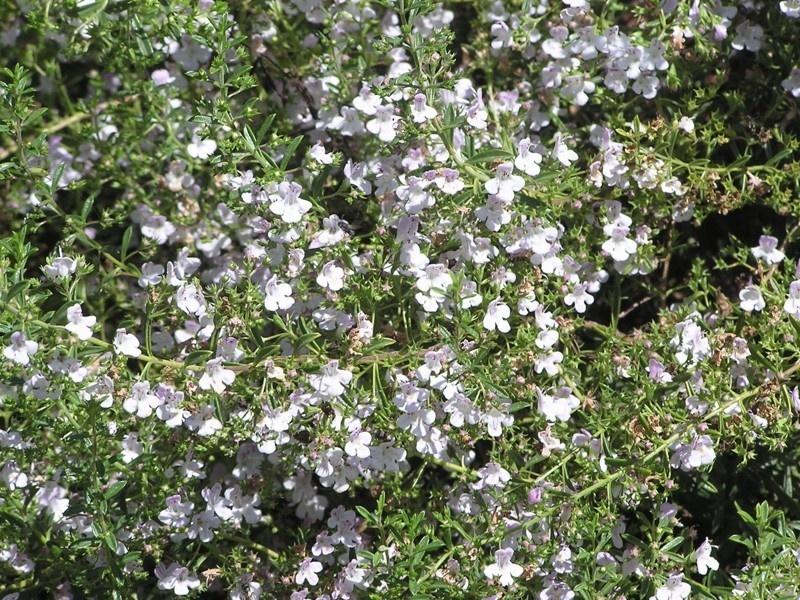
Scaevola also unpretentious, prefers loose, well-fertilized, moderately moist soil.
Campanula isophylla
This plant people also call it ”bride and groom”.

It has thin creeping stems about 25 cm long. During flowering, the plant is completely covered with placers of white, purple or blue star flowers. For long and abundant flowering it is necessary to remove faded inflorescences in a timely manner. Grows well in light shade, prefers moist loose soil.
Fuchsia Ampel Nye
Special grace Fuchsia flowers give cups with curved edges, painted white, pink.

She doesn’t like the sun. Prefers constant moderate soil moisture. Blossoms flowing (AmpelNye) Fuchsia from early autumn to September.
We have listed only a small part of the whole variety of Ampel Nye plants. If no one is still in your country house, maybe it’s time to pay attention to their advantages: decorative, take up little space, if necessary, they are easy to move. However, remember that many Ampel Nye plants lose their decorative appearance in case of non-compliance with the basic conditions of cultivation.
